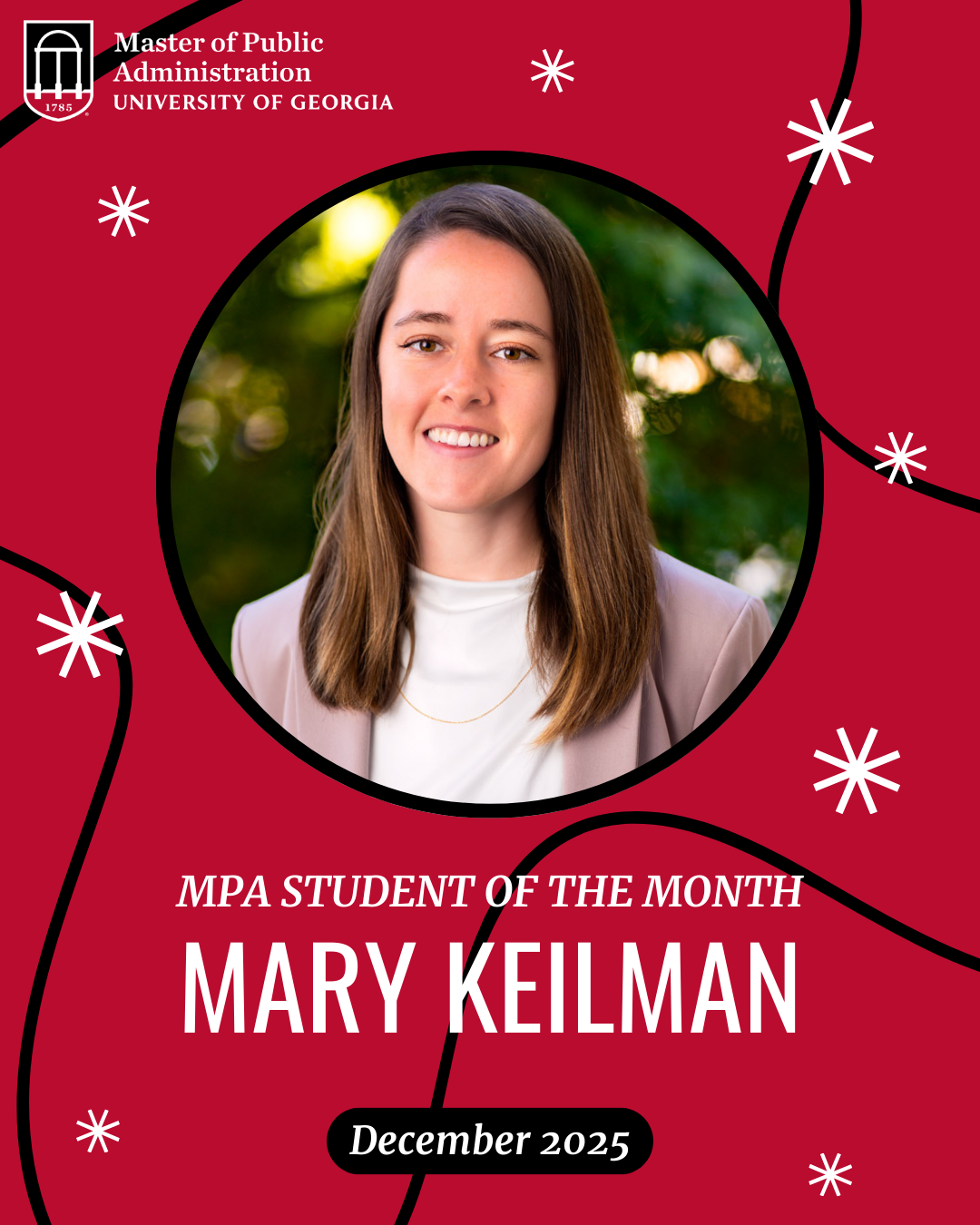By: Lauren Anders
Advanced Political Simulations, these three words will lead any School of Public and International Affairs student to the best course of their collegiate career. It has it all, excitement, community, anticipation, and the best professor, Dr. Leah Carmichael. In this class, every day is a new adventure, one that I strongly encourage every SPIA student to partake in.
In this course, Dr. Carmichael approaches learning from a different pedagogical stance. Instead, of endless lectures and PowerPoints followed by countless quizzes, essays, and exams, this course is driven by participation. The course title “Political Simulations” gives a hint as to the course structure. The course structure is designed for the class to progress through history ending with modern day, following major global and diplomatic events, crises, and negotiations. Examples of simulations include: Suez Canal Crisis, Scramble for Africa, World War Two, Brexit, Israel-Palestine Conflict, Syrian Civil War, Cold War, India-Pakistan Relations, China’s New Silk Road, Bioterrorism, and China in the South China Sea.
Every week is a new scenario with its own situation, characters, dilemmas, and results. For each simulation, prior to class, students are responsible for reading and internalizing a very thorough and hefty course reader, which includes comprehensive background knowledge, a description of key actors, and the rules of the simulation. Then, students are assigned to portray one of the key actors, which range from Heads of States, to journalists, to Military figures, to Economic advisors. It is the students’ responsibility to learn their character inside and out including their wishes, desires, points of interests, and boundaries. The simulation runs the best when students take their perspective roles seriously, and in my experience there is not a shortage of dedication. Instead, students are so eager for each week’s simulation and their individual character that they conduct additional outside research, and in some cases adopt mannerisms of their character such as accents, catchphrases, and behavior. Students truly morph into their persona. Each simulation has its own rules and guidelines, so that every week is truly a fresh start. Some simulations such as Brexit, Suez Canal Crisis, and India-Pakistan relations are continuous rounds of talks and negotiations. Some simulations are played more as board games such as China in the South China Sea, Cold War Legacies, Scramble for Africa and Bioterrorism. Dr. Carmichael adds additional twists and turns to the simulations with the addition of secret information which fuels rumors, conflict, and distrusts, adding another realistic level of depth to the simulations. To wrap up the course, the midterm and final are one comprehensive project, where students are given the opportunity to write and create their own simulation using a historical event. It is a great expression of creativity, and it is exciting to know that future SPIA students could run your simulation.
I truly believe that I have learned so much about the history of each week’s simulation than I could ever have learned from a lecture. By portraying Hitler’s Military Advisor, Prime Minister Netanyahu, NATO, and the Philippines I not only internalized the facts and figures, but also the emotions. Advanced Political Simulation truly is one of the most fun, while also being educational class, and I highly recommend it.







